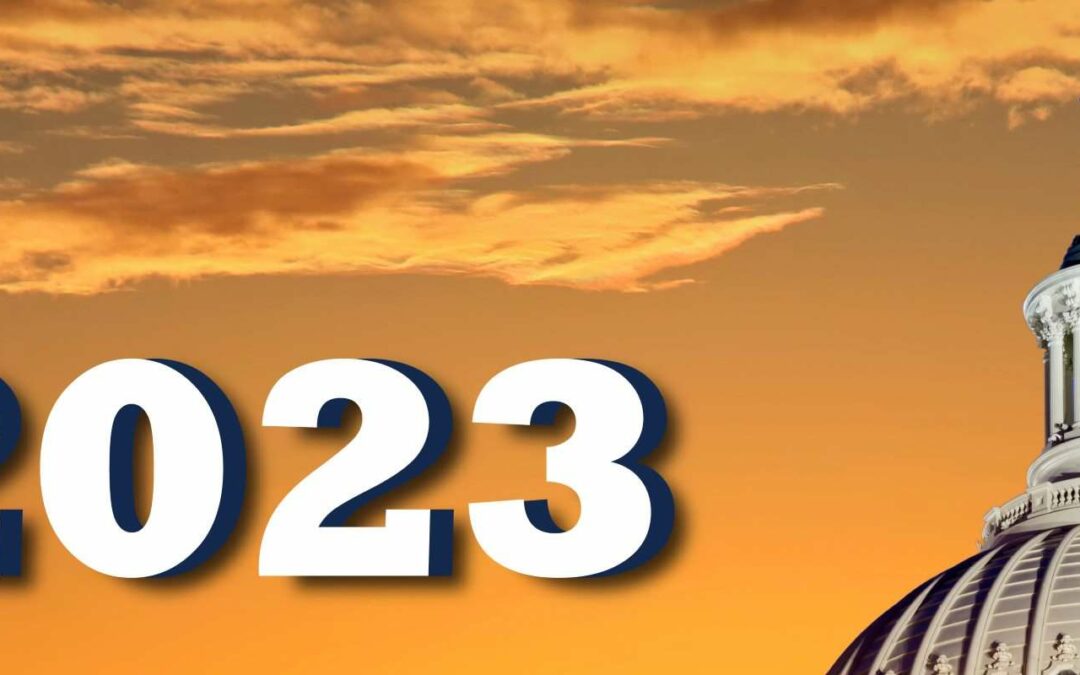Governor Inslee signed House Bill (HB) 1074 into law today, establishing important protections for renters in danger of losing their security deposits to unfair damage claims. The new law will keep renters from falling into debt because of fraudulent or exaggerated charges and make households more financially stable as they move between tenancies.
During public hearings on the bill, renters told stories of being charged hundreds or thousands of dollars for invented expenses. Hunter Herrera-McFarland, a Bellingham renter, testified that her landlord had levied massive charges for professional cleaning after she moved out, despite the fact that her home had already been deep-cleaned. When she requested the name of the cleaning company the landlord had used, he refused to provide it to her.
“This bill is really a lifeline for a significant amount of renters who live paycheck-to-paycheck,” said Herrera-McFarland. “It’s not required by law to provide me with verifiable documentation, and this piece of legislation [will] change that.”
More than a million households in Washington rent their homes. Of those households, a majority of them spend more than a third of their income on housing. As rents and move-in costs continue to rise, renters depend on getting their security deposits back to help them bridge the precarious financial gap between tenancies. But hundreds of low-income tenants are forced to seek legal help every year to get back deposit money that landlords are allowed to keep without showing any proof of how it was used. Low-income renters, especially single parents, people with disabilities, and people of color, bear the heaviest burden of rental debt.
Since 2019, Columbia Legal Services has worked in close partnership with bill sponsor Representative My-Linh Thai (D-41) and the Tenants Union of Washington State to bring renters’ voices to the legislature and pass these protections. The law brings clarity, fairness, and transparency to the security deposit dispute process in several key ways:
- creates a statutory definition of normal wear and tear, so landlords and renters both understand what the landlord is permitted to charge for.
- requires landlords to provide documentation substantiating the actual costs of repair before charging damage to the renter.
- prevents landlords from reporting charges to collection agencies, tenant screening services, or other landlords unless those charges are substantiated, and shortens the amount of time in which a tenant can be sued for amounts exceeding the deposit.
Representative Thai sponsored this effort through four sessions, listening to stakeholders and negotiating with opponents to get this bill to the Governor’s desk. In particular, she highlighted the importance of HB 1074 to immigrant communities who may not be able to advocate for themselves in deposit disputes with their landlords.
With HB 1074 signed into law, renters will now have more power to contest fraudulent and exaggerated charges at move-out. Most importantly, they will have more power to contest charges that are sent to collections and prevent them from signing a new lease.
###
Contacts:
Sarah Nagy, Attorney, Phone: (360) 754-2710, Email: sarah.nagy@columbialegal.org
Caitlin Lombardi, Communications, Phone: (206) 972-8139, Email: caitlin.lombardi@columbialegal.org

Recent Comments